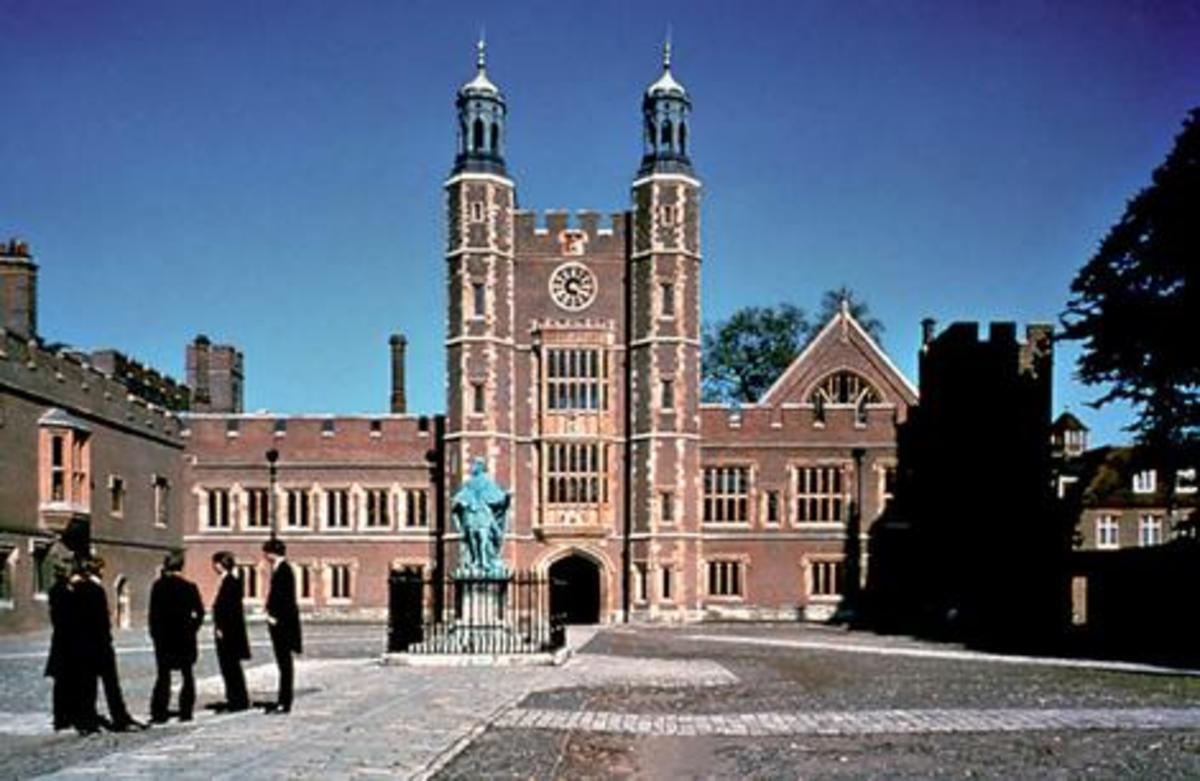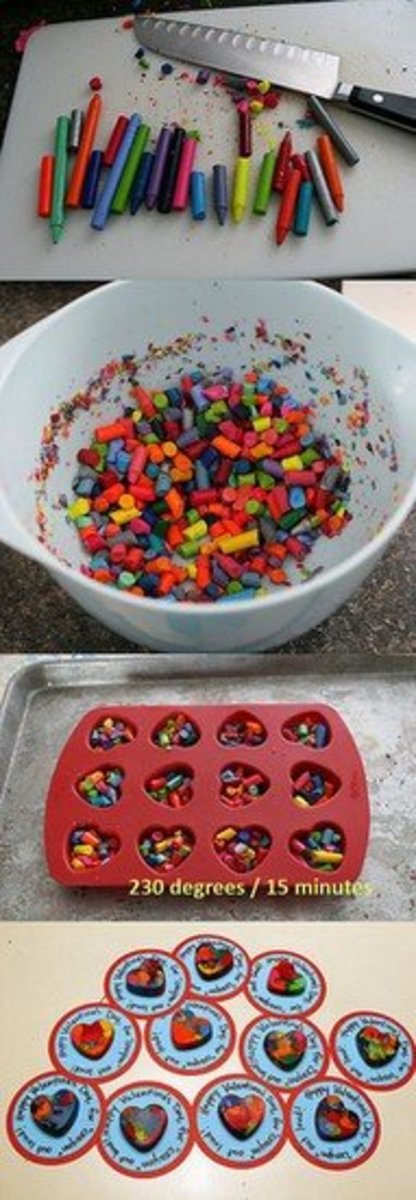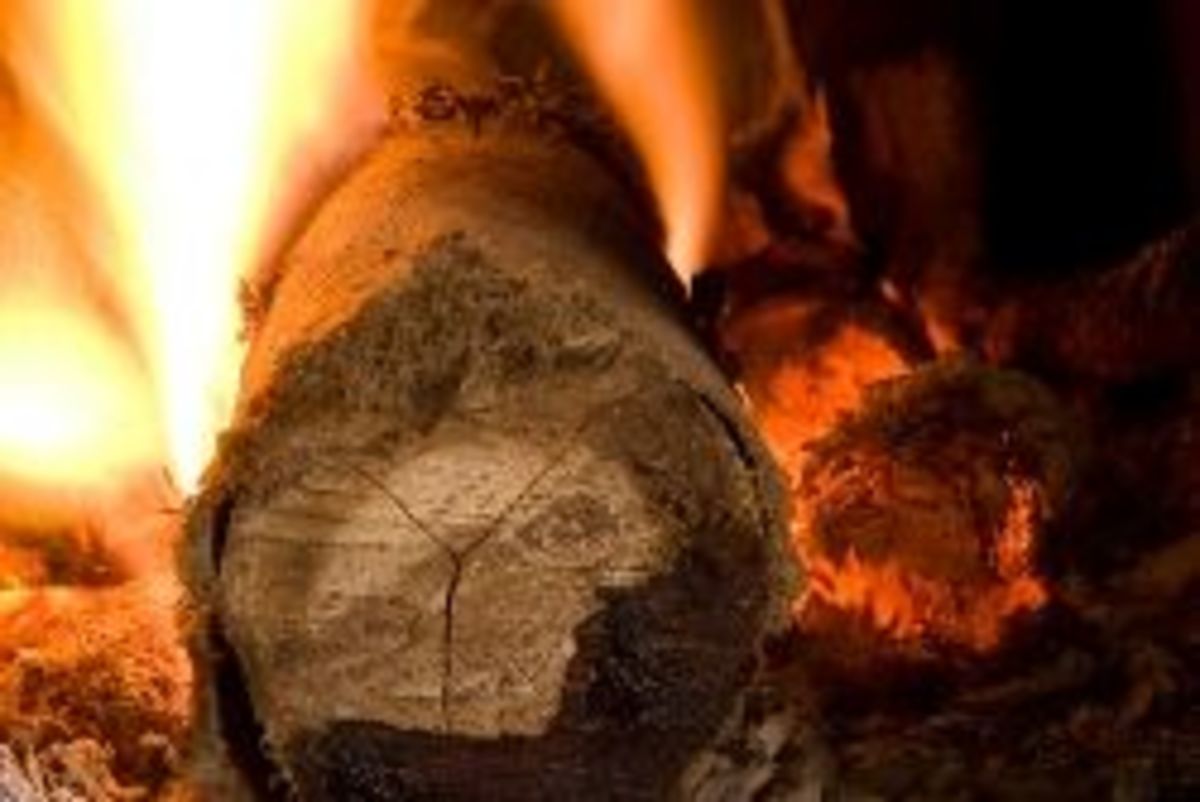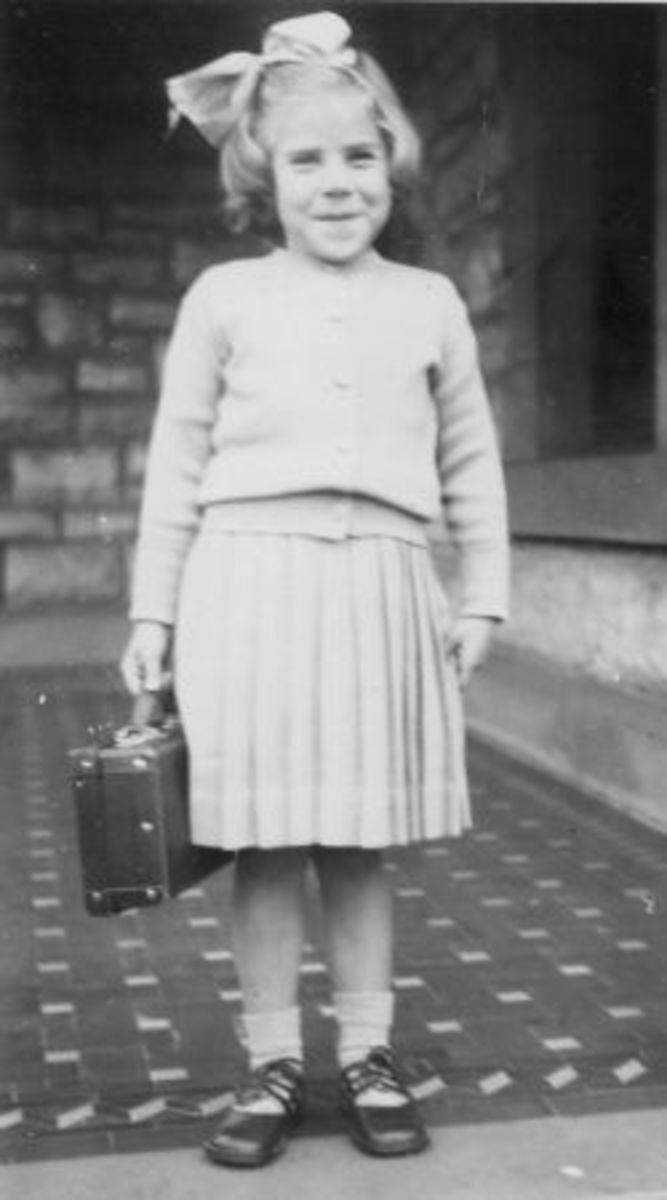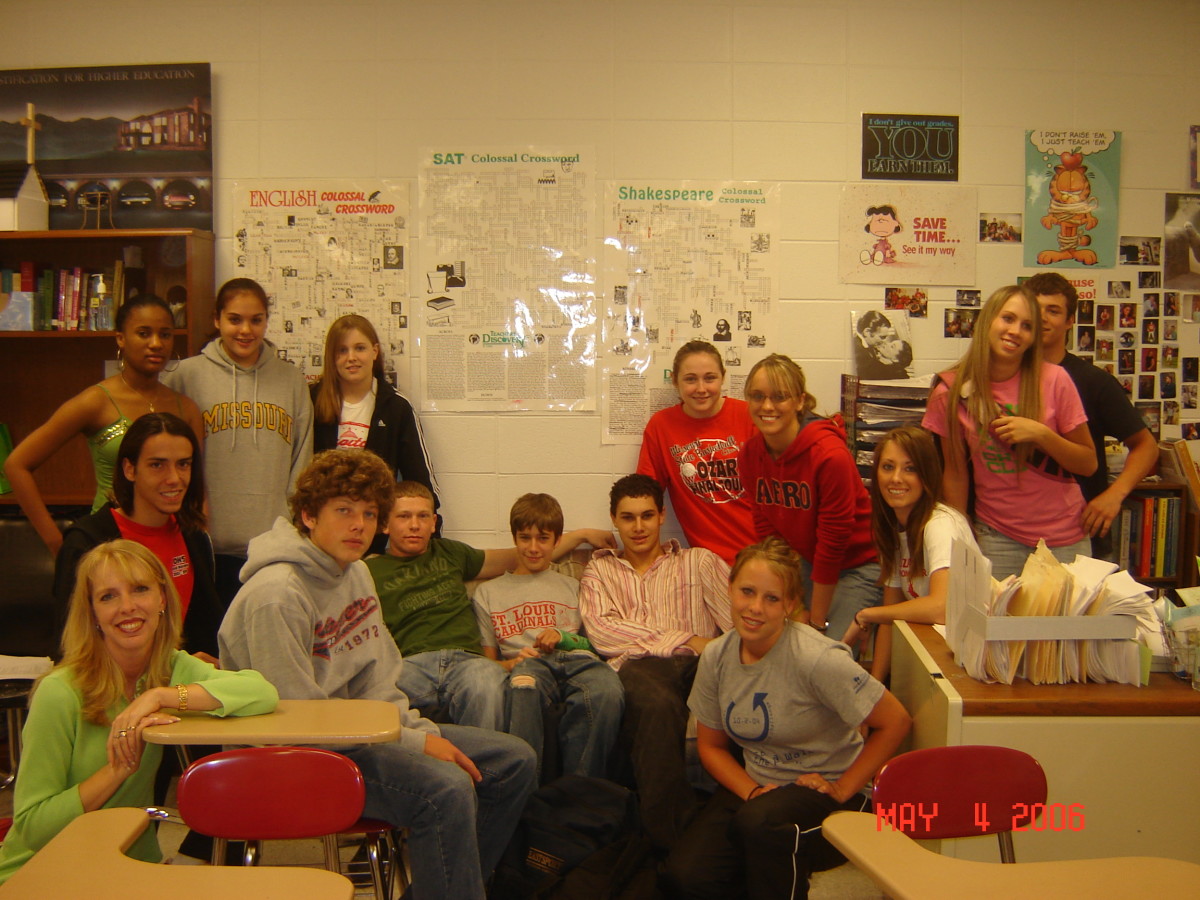Running A High Schools Debating Competition
Why A Debating Competition?
We wanted to attract more students to our Law Department, and all ideas were welcome.
The strategic problem was that many local schools in our city did not know our college offered a Law degree, Schools outside our city often did not know our college existed, let alone that it offered a Law degree.
Our Law Department was fairly new, and there had not been much publicity about it. We got in the local paper every year for sending our students to the cells, taking them to the European Parliament, and so forth.
We also entered debating and negotiating competitions - one year our crack team of second year debaters lost to Cambridge University by only two points. Our negotiating team did well too.
Our academic reputation was not high, and it was unrealistic to expect people to come from huge distances just to study with us. Our local and regional market was the target. So how to reach our target?
I suggested a debating competition for local schools.
Go For It!
The Head of the Law Department was enthusiastic.
"Go For It" he said.
"Work out a detailed plan and come back to me."
The first question was when to have the competition. Students in England have examinations from May to July. They have mock examinations and project deadlines between January and May. They are on holiday in August, and September is too soon. We have half term holidays at different dates in October. My choices were realistically November and December.
Then there was the problem of securing judges and debating rooms. There were only 11 teachers in the Law team, and only 4 teaching rooms, so we would need help from other departments. There was a "dead" week after teaching had stopped and before Christmas began, so I took the Monday of that week.
The Head of Department saw this as a great opportunity to "mingle" with other departments. Usually everyone is working so hard that there is not time to fraternise with colleagues in the same building, let alone in the other six teaching buildings. He suggested a lot of names, including from Registry, the Academic Quality team, Engineers, Construction, Teacher Training, Business and Management, our own Sixth Form Centre, the Library, and even the very top people whom we front line teachers rarely saw. Pretty soon I had over 30 volunteers.
I wrote to every school in the region in February to tell them of the event, the date in December it would happen, and invited them to express an interest. I wrote again in June.
We offered help!
Many schools nowadays do not have a debating tradition. Indeed, many teachers have little experience of debating. We offered to come to their school and work with their youngsters. Some schools took us up, and I and colleagues went to schools to help.
We started off by giving them the experience of a "balloon debate". The idea behind this is that a party of celebrities is in a hot air balloon that cannot be steered. The balloon is being blown towards some mountains, and everyone will be killed when the balloon smashes into the mountain. We need to lighten the balloon by throwing someone out. Each celebrity gives a short speech saying why they should not be thrown out.
I prepared a long list, ranging from Genghis Khan, Queen Elizabeth the First, David Beckham, Harry Potter, Mother Teresa, President Bush, Tony Blair, Sir Winston Churchill, a Spice Girl, Madonna and so forth.
Each student chose a name, had 10 minutes to prepare, and then spoke for up to 5 minutes.
The conducting teacher gave a critique, and then we had another round. On average the children spoke over half as long again, now that they had got over their nerves and had heard a few contributions.
Then the conducting teacher explained about brain storming, about how to structure an argument, about teamwork (teams of two) and about the competition rules.
In some cases the conducting teacher went back a few more times.
The Competition Rules
Given that most of the competing schools would have no debating tradition, it was decided to keep it simple. Teams of two would take part in two debates.
In the morning they would propose or oppose, and in the afternoon they would play the other role. They could lose points by bad behavior (no-one ever did) , and gain points by good presentation. The marking grid was explained, 20 points for each student for the argument, including answering points made by the opposition or anticipating arguments they might make. Five points for presentation. Five points for behavior including listening to the contributions made by others, Five points for teamwork. Five points for "star quality".
Interruptions were not permitted. Attacks on other competitors were not permitted. The whole idea was to present a coherent argument, with pleasant humour if appropriate.
Unusual Rule
After the 4 speakers had spoken, both sides had a short contribution - worth 25% of the marks- in which they reflected on how their team had performed.
What had gone well, what could have been done better, a gracious comment about the opponents, a polite comment about their partner. This was suggested by my Head of Department, who had seen it in a different competition and thought it worked well.
Debate Topics
Much to our surprise we had a significant take-up in the "junior" category, aged 11-16. We needed to have debate topics appropriate for that age group as well as debate topics for 16-18 years old.
For the seniors we had topics like:
The man who makes two blades of grass grow where one grew before is of more use to humanity than the entire race of politicians.
Forces Veterans should have an extra vote at General Elections
and some about gender bias, conscription, student grants and loans, small"p" politics and public duty.
For the juniors
Sport should not be compulsory at school beyond the age of 14.
Pocket money should not be paid after age 14
It is better to be lucky than clever
The general format was to have a debate about something close to their hearts in the morning, like pocket money or student funding, and a wider society debate in the afternoon.
Feedback
The feedback we had from schools was very strong and very favourable. A ”tough” inner city school commented on the effects on the individual students.
- The activity of preparing for the debates has involved working co-operatively and individually.
- The students get a lot out of coming on the day and competing on a level playing field against people from all kinds of school (including fee paying schools).
- The youngsters are on a “high” afterwards because they have performed well and they have enjoyed the day.
- The students are meeting people and are exchanging email addresses.
- The attitude of students towards their studies has become more committed and serious. Some who participated last year declined this year because they wanted to concentrate on their exams!
A teacher from a “good” state school commented on the debate subjects. He said it was wonderful to see the students struggling with concepts of society and thinking about things they had never previously engaged with. The motion about Forces veterans had his youngsters talking about what citizenship is.
The general "buzz" among the students taking part was exciting.
The judges loved it, because they were seeing the best students from the region. It was a fun day for the judges, who also enjoyed the mingling and contact with teachers from the schools.
The competition raised the profile of the Law department within the college, and the college's profile generally. It did my personal profile a lot of good, too!
The College applied for independent Degree Awarding powers, and during the discussion the Principal was asked what our large College did by way of enrichment opportunity for local schools. She was able to point to the Law School debating competition.
Problems
We decided after the first competition to have two judges for each debate. This was at the request of a number of judges, who felt happier sharing the task. Even with a "moderating" meeting after the first debate, judges were quite nervous whether they had given a fair mark. Having another judge to discuss with was helpful.
Our biggest problem was that of success. At one point we had indications of 100 students due to take part, which required 25 debating rooms and 50 judges. Fortunately a number of schools withdrew because of timing issues. Had I stayed on, I was going to have my Head of Department request the Principal to intervene to allow me to run the debate on a normal teaching day, because the "dead" week had disappeared from the calendar.
A Few Tips
If you are ever going to run such a competition, use local editors and journalists as judges, because that guarantees press coverage. Make sure the food provided at lunch break is excellent. Have interesting debate topics.
Have schools who are able to provide an extra team to balance numbers at short notice.
I described teams as "Red" or "Gold" rather than First, Second etc. I set out the timetable in September, including the date the debate topics would be issued.
I found that keeping teachers informed by email throughout the year helped to build a "community" spirit among the teachers.
If you use a few of your regular students as stewards or judges (usually with a celebrity judge like a journalist or a local lawyer) you give each student something to put on his or her cv and an opportunity to meet a celebrity.
The final irony is that I never saw a debate because I was too busy running the competition.
Also By Charles James
- Running A Children's Chess Club
I had been chess champion of my grammar school, and I had run a chess club at my sixth form college. One January, when there was a flu epidemic, I even played Chess for Durham University. My perception was that I was potentially a strong chess...
New Web Site for Law Students
Charles James has set up a web site just for Law students http://www,uklawstudent.com .


